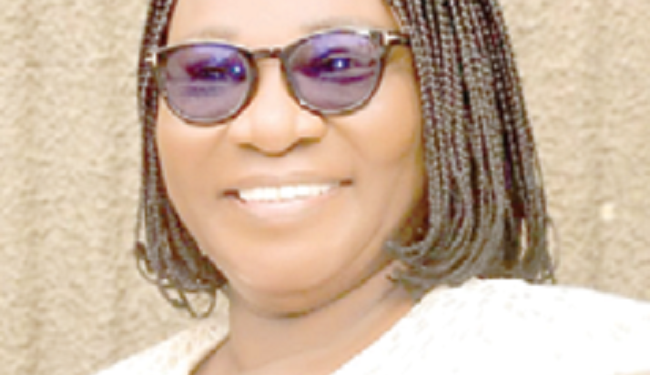Professor Bernice Adegbehingbe, the head of the Department of Ophthalmology and Glaucoma Services at Obafemi Awolowo University Teaching Hospital Complex, Ile-Ife, has revealed that eye drops made from bitter kola extract have proven effective in treating certain forms of glaucoma.
In an interview with the Nigerian Tribune , she detailed the research and findings that led to this discovery.
The study, initially led by Professor Adefule Ositelu from the University of Lagos, began after a glaucoma patient reported stable ocular pressure despite not using conventional medication. Instead, the patient had been applying a homemade treatment involving bitter kola soaked in water. This prompted Professor Ositelu to investigate further, leading to studies that showed bitter kola could reduce intraocular pressure in animal models.
Subsequent research, conducted in collaboration with laboratories in the United States, Cotonou, and Cameroun, confirmed that bitter kola contains compounds similar to Pilocarpine, a standard anti-glaucoma drug. These findings have led to the development of a 5% bitter kola eye drop, which has been shown to be as effective as Timolol, a widely-used anti-glaucoma medication, in reducing intraocular pressure in patients with primary open-angle glaucoma.
Professor Adegbehingbe emphasised that while the bitter kola eye drops have shown promise, they should not be prepared at home due to the risk of infection. Instead, she advises patients to purchase the drops from manufacturers who ensure hygienic production and proper testing.
Though the drops have not been tested on all forms of glaucoma, they have shown effectiveness in treating open-angle glaucoma and ocular hypertension. However, Professor Adegbehingbe cautioned that glaucoma, regardless of treatment, remains incurable; the goal is to prevent further vision deterioration.
She also addressed concerns about the long-term use of bitter kola eye drops, noting that while short-term studies have shown positive results, more research is needed to understand their effects over extended periods. Additionally, she warned against using any medication, including bitter kola eye drops, as a preventative measure without proper diagnosis and supervision.
Professor Adegbehingbe urged the government to subsidise glaucoma care, as many patients cannot afford treatment. She highlighted the need for regular eye exams and adherence to prescribed treatments to prevent the progression of glaucoma, a disease she described as a “silent thief of sight.”



